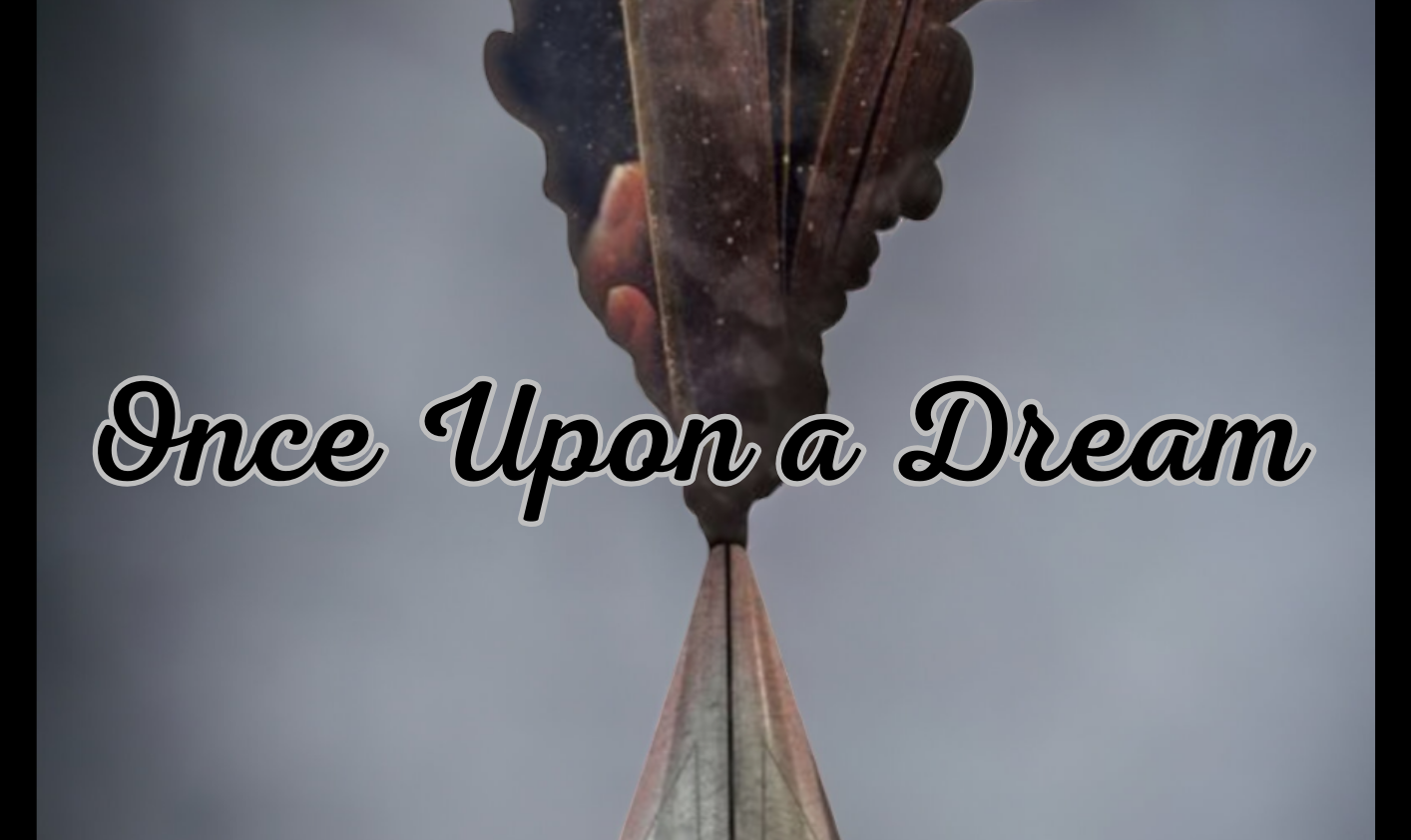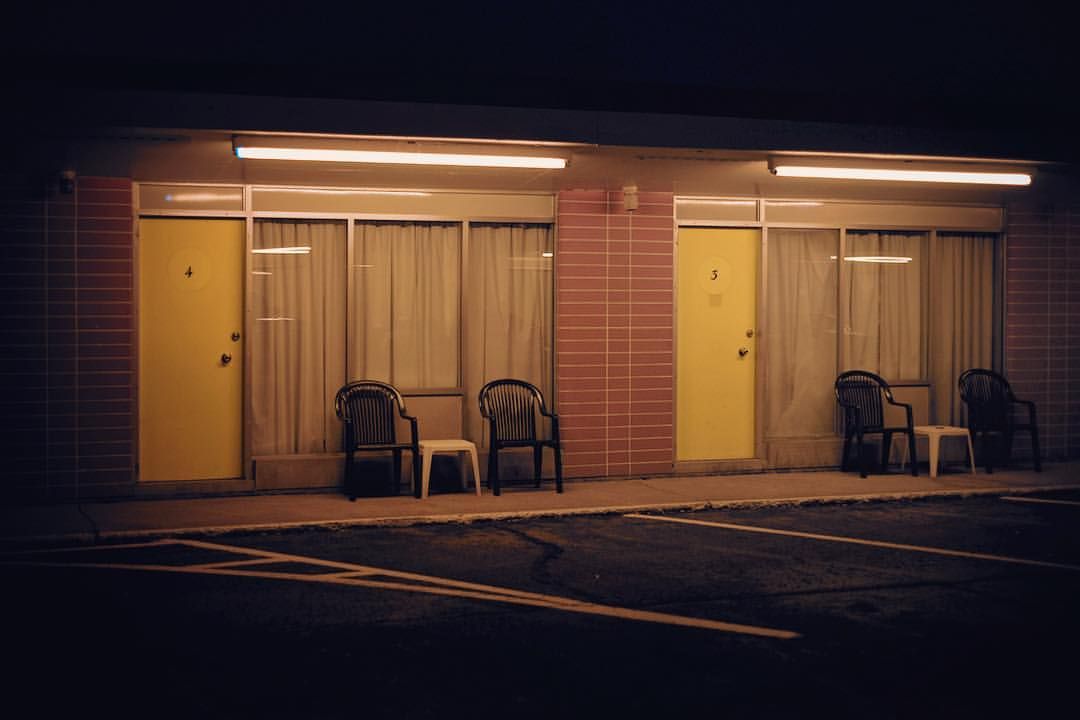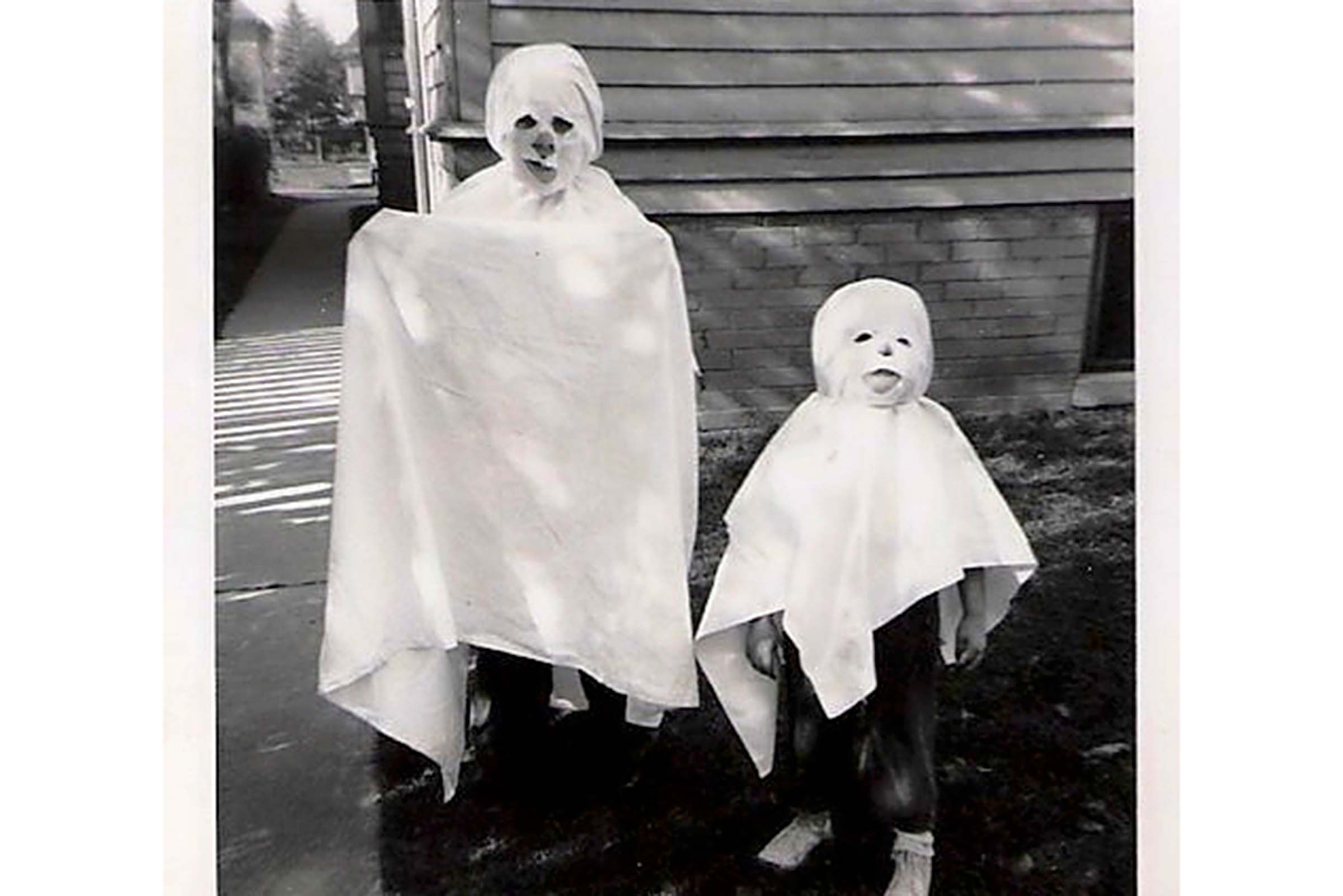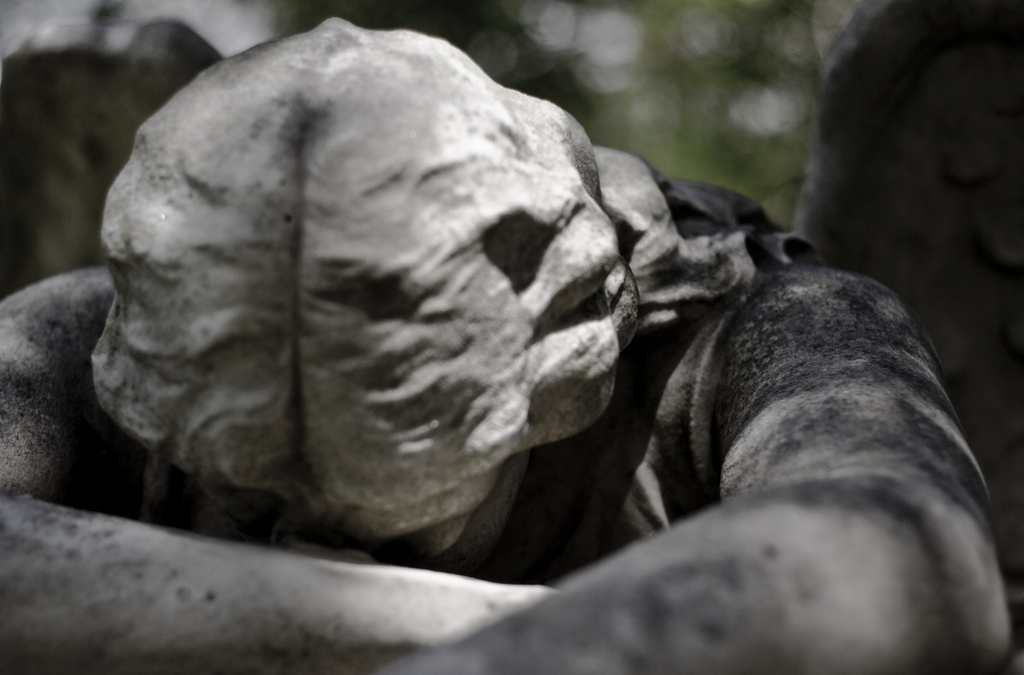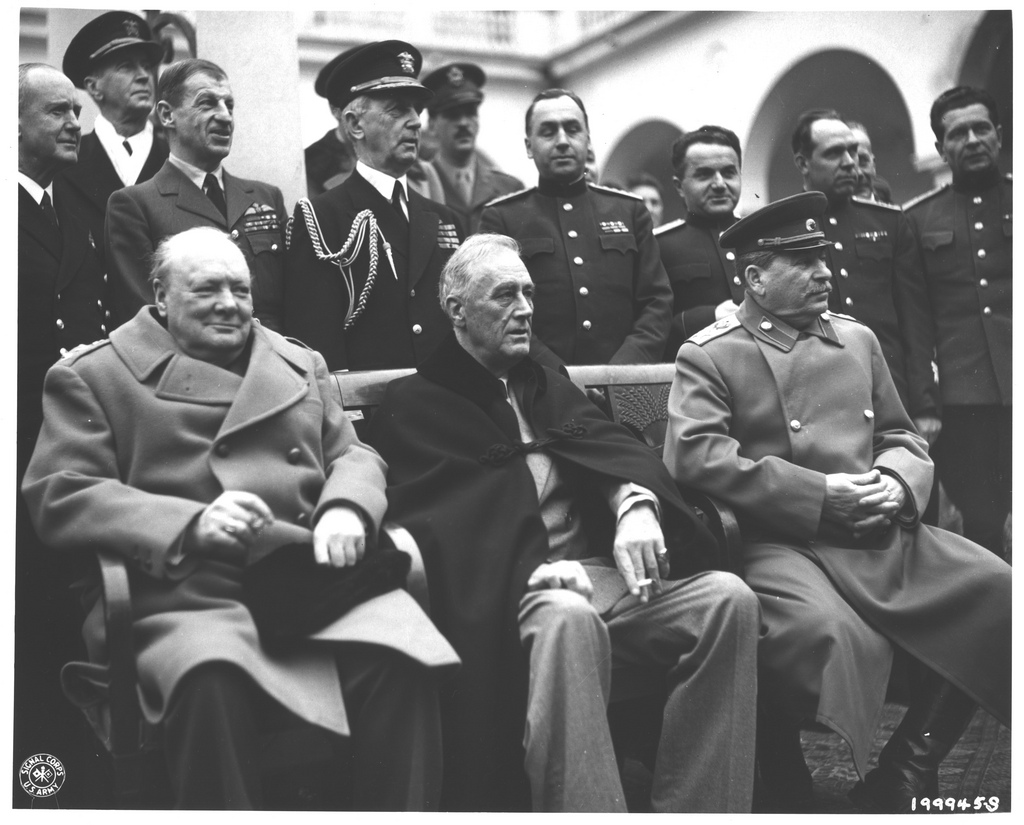How much longer before we get to the motel?” Stephanie asked. “We haven’t slept for two days! If it weren’t for all the caffeine today we’d be arrested for Driving While Asleep!”
Jennifer laughed as she drove through the darkening evening. “About an hour. With the big college game there weren’t any motel rooms near the city, so I got one on the way to my dad’s stomping grounds. It was a whole lot cheaper, too.”
“Cheap is good!” Stephanie said. “I’m so tired of being broke, but I wouldn’t have missed this for anything.”
Passing houses, the road narrowed as they headed into a small town nestled in one of West Virginia’s many hills.
“Oh my gosh! Look at those cuties!” Stephanie exclaimed when she saw the costumed children walking from house to house asking for candy. She laughed. “It’s so cold the poor kids have to wear coats over their Halloween costumes! Sure is different than back home, isn’t it?”
“Everything is different,” Jennifer agreed, “I’ve never seen entire forests of reds, yellows, and orange.”
Leaving the town behind them, the car was swallowed up again into the darkness as it followed the black ribbon of asphalt. The women murmured softly in conversation, Stephanie occasionally fiddling with the radio to change stations as static overtook them.
Peering into the dark, Jennifer said uneasily, “The trees are so thick you can’t even see the stars! It’s Halloween so if we have car trouble there better be cell service, because I am NOT getting out of the car to go for help. I don’t want to end up being a campfire story.”
Fog rising from the ground dulled the headlights and made the curving road difficult to follow and both women began to lean forward, peering out the windshield, the eye-shine of unseen animals reflecting back at them. Deer became goblins and possums were gnomes, shapes shifted, reaching down as though to block their way.
* * * * * * *
Having finally checking into the motel, Jennifer threw her suitcase on the bed and herself next to it. “We’re here, we’re here! Oh glory, we’re here! I should be ready to sleep, but I’m still wired from the drive and am up for putting on my swimsuit and checking out the Jacuzzi. How about you?”
“Oh, yeah! I’m still knotted into a pretzel from the plane ride. Dibs on the bathroom!” Stephanie called as she zipped open her suitcase and pulled out her suit.
Exiting the bathroom she saw Jennifer in her suit, tossed her a towel, and they wrapped themselves up and headed out into the open walkway.
“Brrr! It’s colder than I thought!” Jennifer declared, “We’ll be doing that Swedish thing of getting hot and then running out in the cold.”
Giggling and shivering, they ran, the slapping sounds of their flip flops echoed into the dark.
“Ahhhh,” Stephanie sighed as she slid into the heated bubbling water. “This Jacuzzi is the perfect lagniappe for the start of some great memories. Just one of those little extras that make life fun!”
Jennifer placed her towel behind her neck, resting it on the edge, her muscles relaxing in the warmth. “If I fall asleep, don’t let me drown!”
Stephanie turned to look into the pool area. Windows enclosed the three open sides and she thought how pretty it would be to watch the snow or rain falling through them. She turned back around to face the wall. Unfortunately, the jet was positioned where she couldn’t see outside.
The two soaked in meditative silence until Jennifer popped up out of the water and exclaimed, “If I don’t go in now I’ll be too limp to get to the room, I’m like a wet noodle! You stay here for another ten minutes while I shower, and then you can take yours. That okay with you?” She looked down at her friend, grabbing her towel.
“Perfect,” Stephanie agreed. “I’m still working on this one kink in my back.”
“I hope I can make it to the room!” Jennifer said, staggering off.
Stephanie slid further into the water, closing her eyes. The lights, reflecting off the pool, danced across the walls and glowed through her eyelids.
A change in the lighting perhaps or a sound she couldn’t identify caused Stephanie to open her eyes. The clarity of the black shadow cast on the wall in front of her outlining the hat and trench coat left no doubt that a person was behind her and that it was a very large man.
Languid from the heated water, her brain muddled, she was unable to move and the scenarios of all the horror movies she had ever seen flashed before her eyes. She saw her body dragged away, raped and murdered, her family never knowing what happened to her; her best friend finding her in a Jacuzzi full of blood, her hair spread out from her head as she floated in the water; she envisioned the shadowy arm lifting up a large knife and it striking down on her again, and again, and again.
In her head she was screaming, silently screaming, but she, herself, could make no sound. Struggling to open her mouth, the horror of not being able to scream became as terrifying as the looming shadow in front of her. Her eyes, the only part of her still able to move, widened, the pupils dilating across her green irises as she watched the shadow shift, shrinking as it moved further down the wall as footsteps echoed off water and windows.
Her heart, beating so loudly in her head her ears vibrated, she almost missed the sound of a weak, quivery voice, call out, “It’s a nice evening out tonight, isn’t it?”
Rolling her head around toward the voice, Stephanie saw a small elderly man with a very gentle face, wearing a fedora and overcoat against the fall chill, standing across the pool, the bright floodlights luminescent behind him.
“Yes,” she wheezed out the breath she had been holding, “Yes, a very nice evening.”
He smiled, nodded, and continued his evening walk.
Alison Cloonan is a 60-year-old emerging writer who has completed a college creative writing class at Hagerstown Community College.
